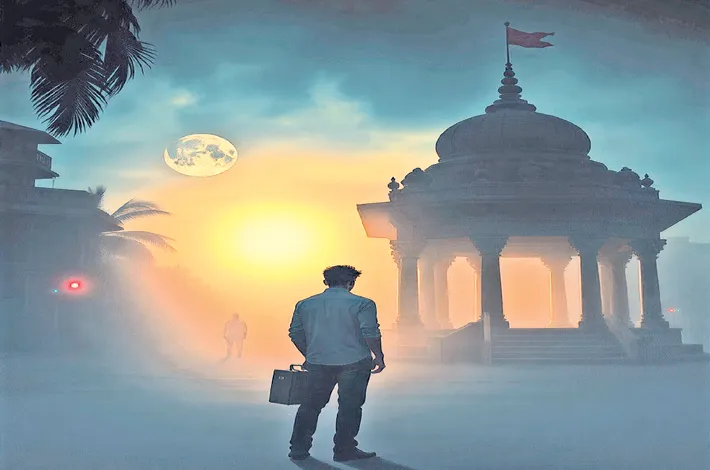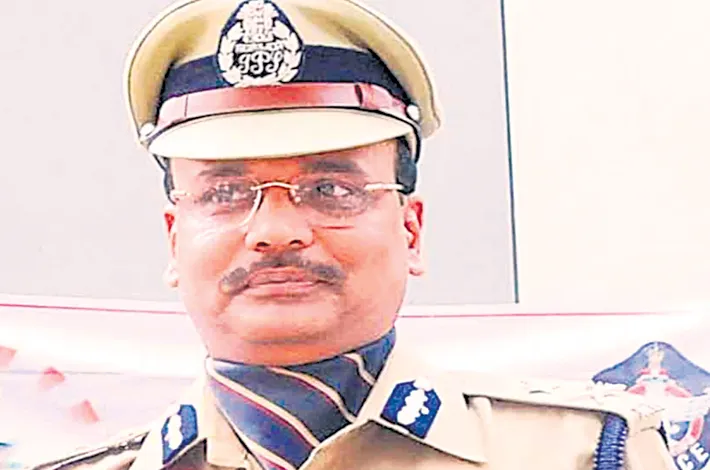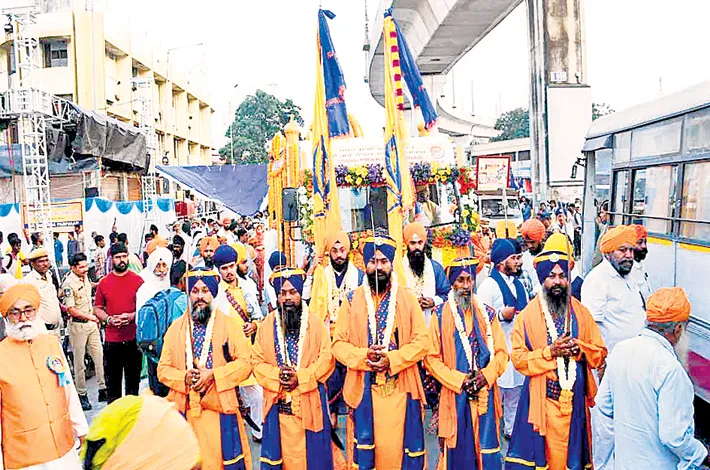The Thirteenth Step
16-09-2025 12:00:00 AM

In the humid, neon-lit streets of 1980s Chennai, where the aroma of filter coffee mingled with the stench of back-alley drains, Detective Arjun Vikram paced the narrow corridors of his mind as much as the cobblestone paths of George Town. Known for his razor-sharp intellect and an almost supernatural knack for spotting lies, Arjun was a man who saw patterns where others saw chaos. His latest case, however, was a puzzle wrapped in shadows, inspired by the intricate plotting of Tamil detective writer Rajesh Kumar’s Iravu Express Murders.
It began with a cryptic note slipped under the door of his modest office on Armenian Street: “The thirteenth step hides the truth. Find it before the moon wanes.” No signature, no sender, just a faint whiff of sandalwood incense clinging to the paper. Arjun’s gut churned—sandalwood was no random choice in a city where rituals and omens held sway. The note arrived hours after a gruesome discovery: the body of industrialist K. R. Suryanarayanan, found slumped in his palatial home in Alwarpet, a single bullet through his temple. The police called it suicide. Arjun smelled murder.
Suryanarayanan was no saint. A textile magnate with a web of enemies, he’d been embroiled in a bitter feud with his business partner, Mohan Das, over a multi-crore deal gone sour. Whispers of underworld connections and unpaid debts trailed him like vultures. The crime scene was pristine—too pristine. No gunpowder residue on Suryanarayanan’s hands, no weapon in sight, only a half-burned photograph of a woman clutched in his fist. Arjun pocketed the photo, ignoring the protests of Inspector Ravi, a bumbling officer eager to close the case.
The note’s mention of the “thirteenth step” gnawed at Arjun. Suryanarayanan’s mansion had a grand staircase, but it stopped at twelve steps. A dead end? Or a metaphor? Arjun’s investigation led him to the victim’s sprawling textile factory in Ambattur, where workers spoke in hushed tones of a secret room—a “thirteenth step” behind a false wall in the basement. The factory, a labyrinth of looms and rusted machinery, hummed with unease. Arjun’s flashlight caught a glint of metal behind a stack of crates. A hidden door, barely a crack in the wall, led to a damp chamber lit by a flickering oil lamp. Inside, stacks of ledgers, coded letters, and photographs of a young woman—Lakshmi, Suryanarayanan’s estranged daughter, who’d vanished a decade ago.
The plot thickened like a monsoon downpour. Lakshmi’s disappearance had been a scandal, hushed up by her father’s wealth. Rumors swirled of her running away with a lover, a lowlife named Shankar, tied to Chennai’s smuggling rings. Arjun tracked Shankar to a seedy bar in Royapuram, where the air was thick with beedi smoke and desperation. Shankar, now a gaunt shadow of a man, spilled his story after a few glasses of arrack. Lakshmi hadn’t run away—she’d been killed. By whom, he wouldn’t say, his eyes darting to the door as if death itself were watching.
Back at the mansion, Arjun pieced together the fragments. The burned photograph in Suryanarayanan’s hand was Lakshmi’s, her face hauntingly serene. The ledgers from the secret room revealed a money-laundering operation, with Mohan Das’s name scrawled in the margins. But the “thirteenth step” wasn’t just a place—it was a code, a reference to the thirteenth account in the ledger, funneling crores to an offshore bank. Someone had been bleeding Suryanarayanan dry, and Lakshmi had stumbled onto the truth years ago. Her death was no accident.
Arjun’s investigation drew him to Chennai’s underbelly, where a tip led him to a derelict temple on the outskirts, its walls etched with Tamil inscriptions. The note’s sandalwood scent lingered here, tying the killer to this forgotten shrine. As the moon waned, Arjun set a trap, leaking word that he’d found the ledger’s final piece. At midnight, the temple’s silence was broken by footsteps. Mohan Das emerged, gun in hand, his polished demeanor replaced by a predator’s snarl. “You should’ve left it alone, Detective,” he hissed, admitting to Lakshmi’s murder and Suryanarayanan’s. Lakshmi had uncovered his embezzlement; Suryanarayanan had grown suspicious, forcing Mohan to act.
The confrontation was swift. Arjun, anticipating the move, disarmed Mohan with a well-placed kick, the gun skittering into the shadows. But Mohan wasn’t alone—a hired thug lunged from the darkness, blade gleaming. Arjun ducked, using the temple’s pillars for cover, his mind racing as he calculated angles and exits. A desperate struggle ended with the thug unconscious and Mohan pinned, his confession spilling like blood: Lakshmi’s death was meant to silence her, Suryanarayanan’s to bury the trail.
As dawn broke, Arjun stood outside the temple, the case closed but his heart heavy. The “thirteenth step” was more than a clue—it was a reminder that truth often lay in the shadows, waiting for someone stubborn enough to find it. Chennai’s pulse thrummed on, indifferent to the lives it claimed, but for Arjun Vikram, another mystery was already calling.








